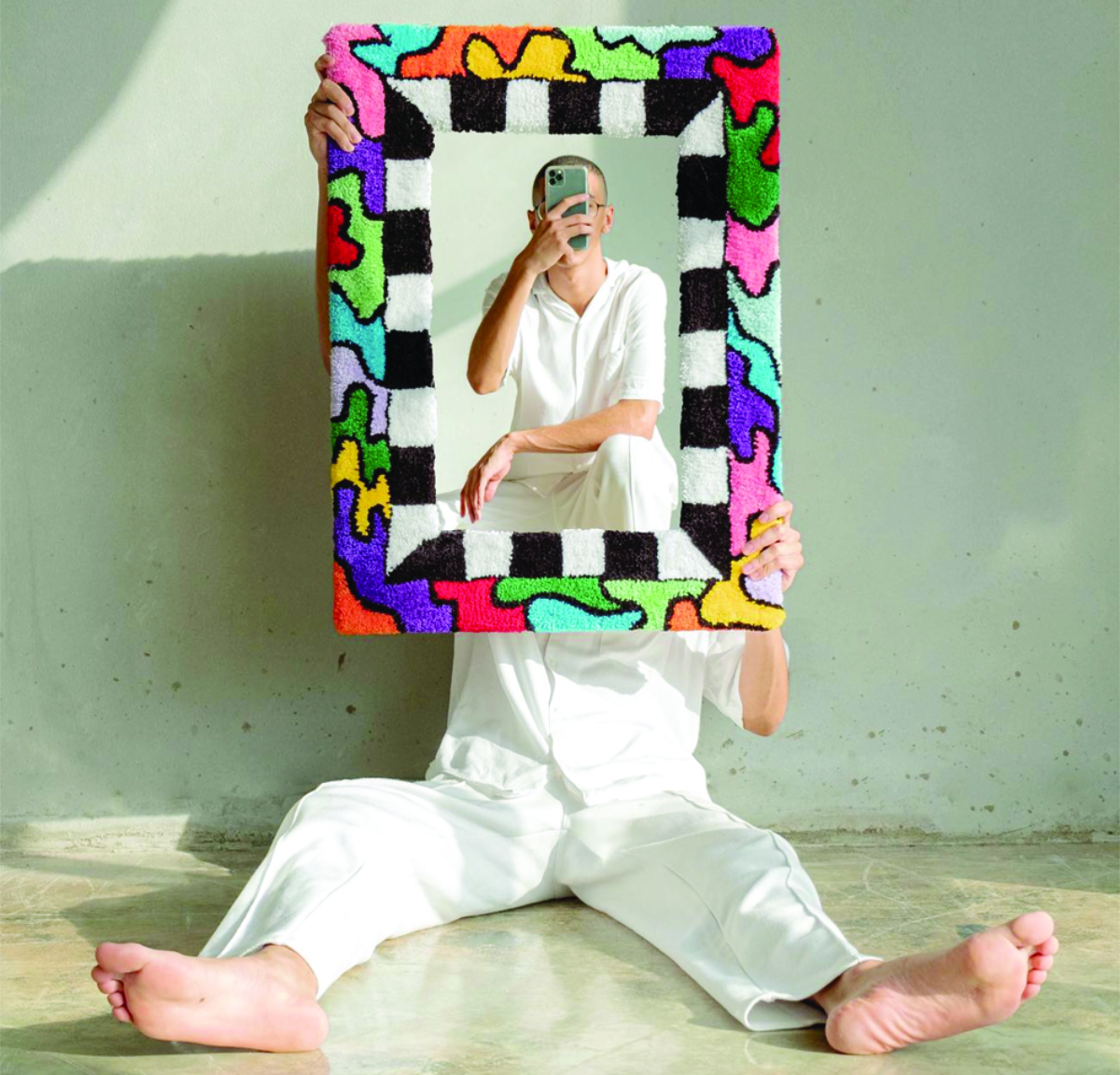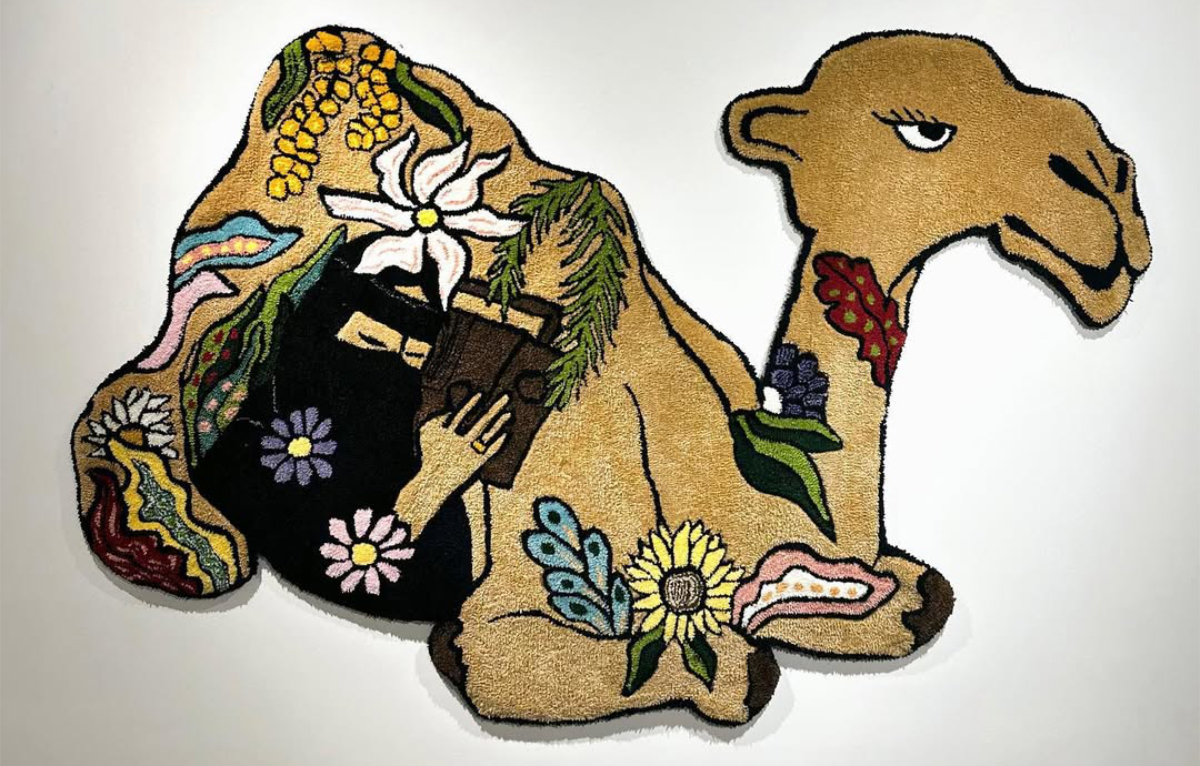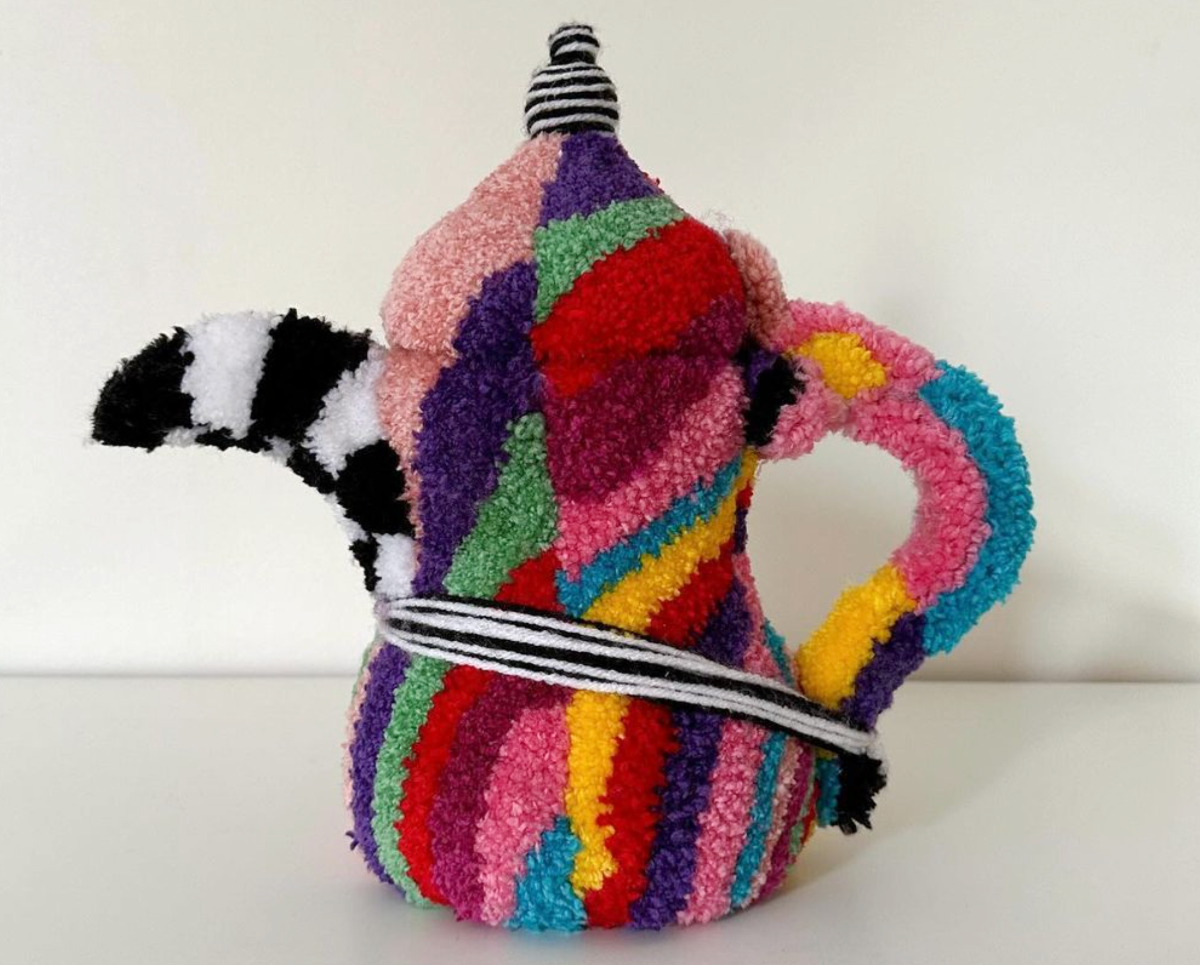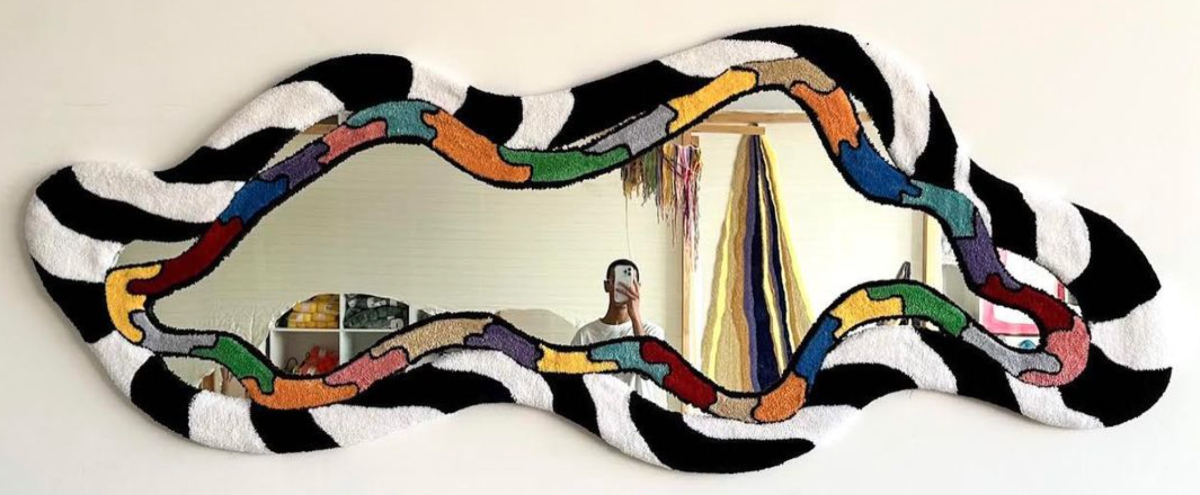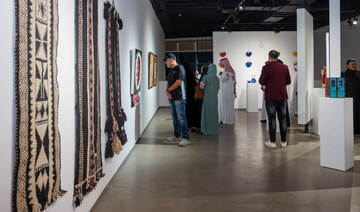RIYADH, DUBAI: The leaders of the most powerful countries in the world have pledged to “do what it takes” to combat the coronavirus disease (COVID-19) and mitigate its damaging effects on the global economy.
At an extraordinary “virtual summit” of the G20, under the presidency of Saudi Arabia, presidents, prime ministers and heads of state also committed to spending $5 trillion on measures to combat the infection and the economic and financial fallout from the global health threat.
“The virus respects no borders. The G20 is committed to do whatever it takes to overcome the pandemic. We are determined to spare no effort, both individually and collectively,” the G20 pledged in its joint communique.
“We are injecting over $5 trillion into the global economy, as part of targeted fiscal policy, economic measures, and guarantee schemes to counteract the social, economic and financial impacts of the pandemic,” it added.
The two-hour digital discussion, hosted by King Salman in Riyadh and including US President Donald Trump and President Xi Jinping of China, was the first time the global community had come together amid the acute challenges presented by the virus, which has caused more than 20,000 deaths worldwide and ravaged national economies.
King Salman told the assembled world leaders: “This human crisis requires a global response. The world counts on us to come together and cooperate in order to face this challenge.”
Saudi Arabia will host the annual G20 summit in Riyadh in November. Convening Thursday’s digital meeting was a sign of how seriously the world community regards the threat from COVID-19, after previous special G20 meetings at the height of the global financial crisis.
“The G20 has previously proven its effectiveness in mitigating the severity of the global financial crisis and its ability to overcome it,” King Salman said.
The G20 expressed gratitude to medical workers fighting the virus, and its sadness at the suffering and loss of life.
A further meeting of G20 health and finance ministers will take place in the next few weeks to implement some of the commitments put in place on Thursday, including concerted actions tackle pandemics on a global scale.
The Chinese Ambassador to Saudi Arabia, Chen Weiqing, said the virtual meeting was “an extraordinary summit at a crucial moment.”
The G20 also praised the decision to delay the Tokyo Olympic Games and pledged they would take place in Japan no later than next summer “in their complete form as a symbol of human resilience.”

SPEECH IN FULL BELOW
Your Majesties, Your Excellencies, Your Highnesses,
Ladies and Gentlemen,
In the beginning I’d like to welcome all of you to this extraordinary summit, thanking you all for your participation.
We are holding this meeting to carry out our responsibilities as the leaders of the world’s largest economies, in order to combat the COVID-19 pandemic, which requires that we take firm measures on various fronts. This pandemic has greatly taken toll on human lives and caused tremendous suffering to many people around the world. And here, I would like to extend our deepest condolences to all countries around the world and to their respective citizens over the lives lost to this pandemic, wishing speedy recovery for all those who are infected.
The impact of this pandemic has spread to reach the global economy, financial markets, trade, and global supply chains, hampering growth and development and reversing the gains accomplished in the previous years.
This human crisis requires a global response. The world counts on us to come together and cooperate in order to face this challenge.
On the health front, the Saudi G20 Presidency took the lead and worked with partners and relevant organizations to take all necessary actions in order to contain the spread of COVID-19 and safeguard people’s health. And, here, we value the effective measures adopted by different countries in this regard. We reaffirm our full support for the World Health Organization in coordinating the efforts to counter this pandemic. To complement these efforts, the G20 must assume the responsibility of reinforcing cooperation in financing research and development for therapeutics and a vaccine for COVID-19 and ensure the availability of the vital medical supplies and equipment. We must also strengthen the global preparedness to counter infectious diseases that may spread in the future.
On the economic front, amid the slowdown in global growth and the turmoil in financial markets, the G20 has a pivotal role in countering the economic and social impact of this pandemic. Therefore, we must have an effective and coordinated response to this pandemic and restore confidence in the global economy. The Presidency welcomes the policies and measures taken by countries to revive their respective economies, including stimulus packages, precautionary measures, sector targeted policies, and job protection measures. But despite the importance of any country’s individual responses, it is our duty to strengthen cooperation and coordination in all aspects of the adopted economic policies.
On the trade front, the G20 must send a strong signal to restore confidence in the global economy by resuming, as soon as possible, the normal flow of goods and services, especially vital medical supplies.
In addition, it is our responsibility to extend a helping hand to developing countries and least developed countries to enable them to build their capacities and improve their infrastructure to overcome this crisis and its repercussions.
The G20 has previously proven its effectiveness in mitigating the severity of the global financial crisis and its ability to overcome it. Today, through our cooperation, we are confident that we, together, will overcome this crisis, and move forward towards a future where all people thrive, prosper and are healthy.
Thank you very much.
May peace, mercy, and blessings of god be upon you.









